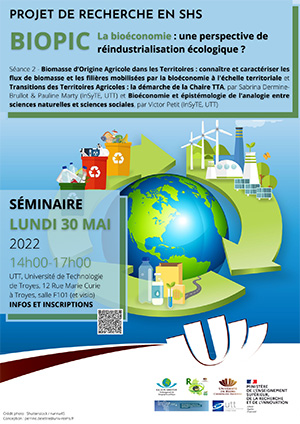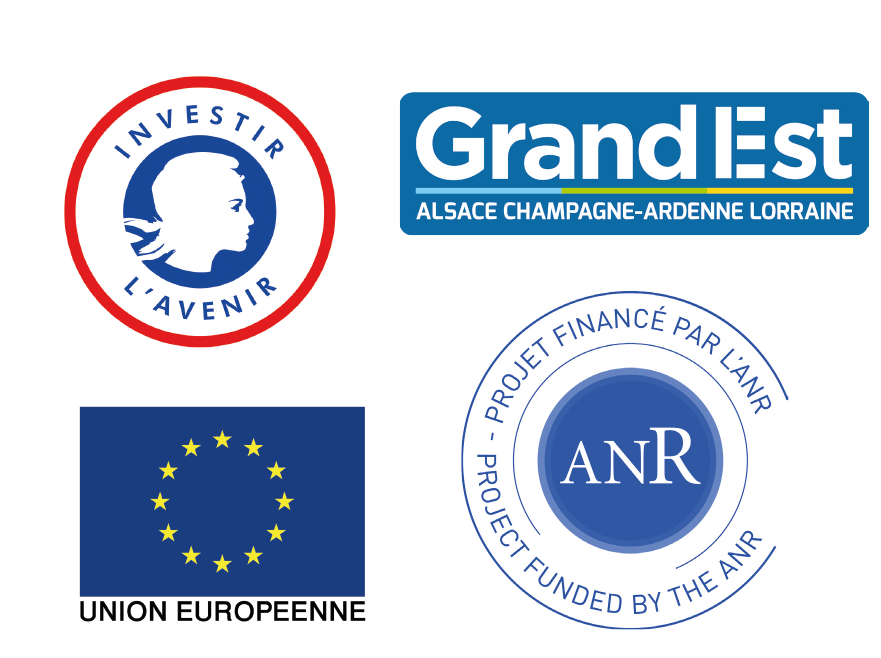In the same section
Interdisciplinary research on Society-Technology-Environment interactions (InSyTE)

The scientific strategy of the research unit follows two complementary orientations, one thematic, "crisis and transition", and the other, methodological, "interdisciplinarity and transdisciplinarity". The common working hypothesis is that the evolution of the systems studied depends strongly on their context (Hypothesis 1). The study of these contexts concerns the territory or the environment.

Theme : Crisis and transition of socio-technical systems
The core of this research concerns crises and transitions of socio-technical or socio-technical-ecological systems (STS or STES) as irreversible phenomena and possibly deep and/or radical transformations (crises are characterized by a break in the evolution of a system, or disruptions, whereas transitions are considered as long-term changes). However, crisis and transition have similarities underlined by vulnerability factors, resilience and the capacity of socio-technical systems to adapt when they are under stress or undergo major disruptions (Hypothesis 2), i.e. involving major social and societal risks at different spatio-temporal horizons. These risks can lead to the alteration of the security of individuals in the socio-technical systems and the societies in which they evolve.
Given the properties of STS, the research conducted leads to the following scientific challenges:
- Challenge 1: Improve understanding of the role of uncertainty and trust in the evolution of socio-technical systems. Their impact on decision making is fundamental. The influence of this topic on InSyTE’s research in an interdisciplinary framework is crucial.
- Challenge 2: To improve the understanding of decision-making processes implemented before and during disturbances, transition and adaptation through a holistic and multi-scale analysis.
- Challenge 3: Develop a holistic view of society to understand technology.
- Challenge 4 : Reduce the time it takes to transfer knowledge to society,
- Challenge 5 : Facilitate the appropriation of and confidence in new knowledge.
- The challenges and levers of technical and management knowledge transfer, and the duration of the associated processes;
- The ownership of co-constructed knowledge and its diffusion in society;
- The influence of these practices on society's trust in science.
Contact
Unit Director
eric.chatelet@utt.fr
Tatiana Reyes
Deputy Unit Director
tatiana.reyes@utt.fr
Guillaume Delatour
Deputy Unit Director
guillaume.delatour@utt.fr
Partners



